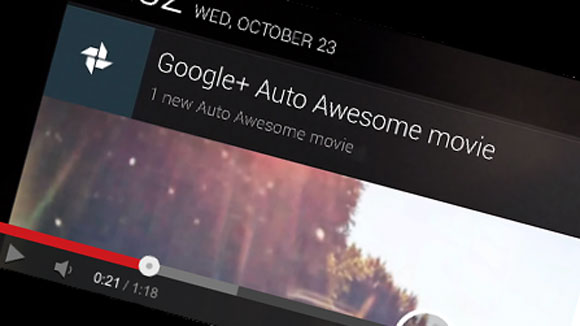Google is trolling us all with its mandatory Google+ YouTube logins
Welcome to Google+, whether you like it or not

Sign up for breaking news, reviews, opinion, top tech deals, and more.
You are now subscribed
Your newsletter sign-up was successful
YouTube's commenting system has always been seen as the sewer of the internet. A place where trolls dwell, eagerly waiting to pick apart the latest video – all the while hiding behind pseudonyms that take longer to choose than the thinking that goes into creating their scurrilous comments.
Google's latest move to integrate your Google+ identity may seem like the search giant's trying to purge repugnant posts and go all Travis Bickle on YouTube's comments section but it's not. This is merely a by-product of Google's attempt to capture another bit of information about you, to help bolster its advertising rates and make more money.
We should all know by now that while we don't pay to use Google's products with pennies, we do pay with our privacy.
Everything we do on the internet – unless you are using TOR or are trying your hardest for whatever reason to cover your tracks – leaves a trace. Google wants to make this trail easier to follow. It's forcing you to drop Google Plus breadcrumbs wherever you go, even if you happen to be merely commenting on cat videos.
And here lies the problem: as a troll deterrent, Google+ comment integration will work well for YouTube but it will also stop honest, non-spiteful folks from commenting too.
Plus points
A lack of anonymity in the comments section of YouTube will put many off, even those uploading harmless thoughts. It will make many think twice about commenting on, say, the latest Miley Cyrus video, as you may not want the rest of the world knowing that you like her music.
And while we are not for one minute saying that YouTube founder Jawed Karim is a fan of twerking, his recent rant on YouTube where he asked in no uncertain terms why he needed to join Google+ to comment on a video, sums up the general feeling about the way Google has gone about shoe-horning its social network into YouTube.
Sign up for breaking news, reviews, opinion, top tech deals, and more.
The web has a history of allowing commenters to hide in the shadows but this is quickly changing. Twitter's user base is actively making sure that trolls are held accountable for what they say on the site. And it's about the only thing that Facebook has done right from the off – make people use their real names.
"As a troll deterrent, Google+ comment integration will work well for YouTube but it will also stop honest, non spiteful folks from commenting too."
Forcing the use of someone's identity offers honesty and distils vitriol. People can still be dicks on Facebook but with their public persona at stake they will at least think about what they write.
Saying something on Facebook, within your selected group of friends, is one thing though. Writing the same comment that will go on a public site is quite another.
Where is everyone?
Facebook found this out when it offered out its commenting engine to websites back in 2011.
While it is still in use by many, TechCrunch earlier this year dumped Facebook comments, saying that: "our anti-troll tactic worked too well; The bullies and asshats left our comments sections, but so did everyone else."
Taking away anonymity is definitely a double edged sword but Google is willing to take that chance. If Google+ is truly going to be the backbone to the majority of Google's products, then it needs to stretch this social layer way beyond the Google Plus homepage.
YouTube wasn't the first to be enveloped by Google+ – you can't comment on Android Apps in Google Play without having an account – and it definitely won't be the last.
But finally locking down YouTube's commenting system is Google sending out a big message: the unregulated old times of the internet are no more and nobody is allowed to be nonplussed about it.

Marc Chacksfield is the Editor In Chief, Shortlist.com at DC Thomson. He started out life as a movie writer for numerous (now defunct) magazines and soon found himself online - editing a gaggle of gadget sites, including TechRadar, Digital Camera World and Tom's Guide UK. At Shortlist you'll find him mostly writing about movies and tech, so no change there then.